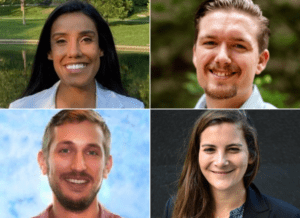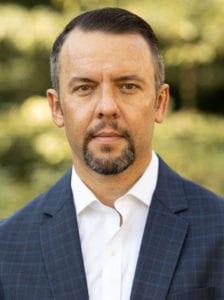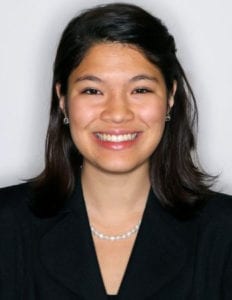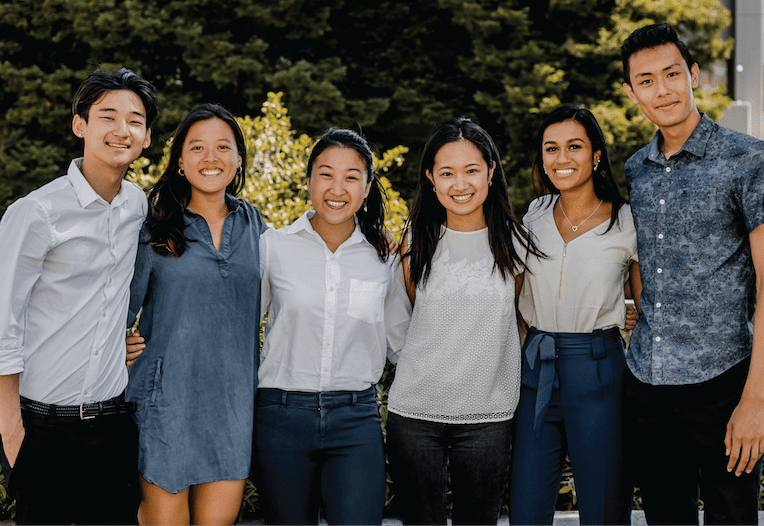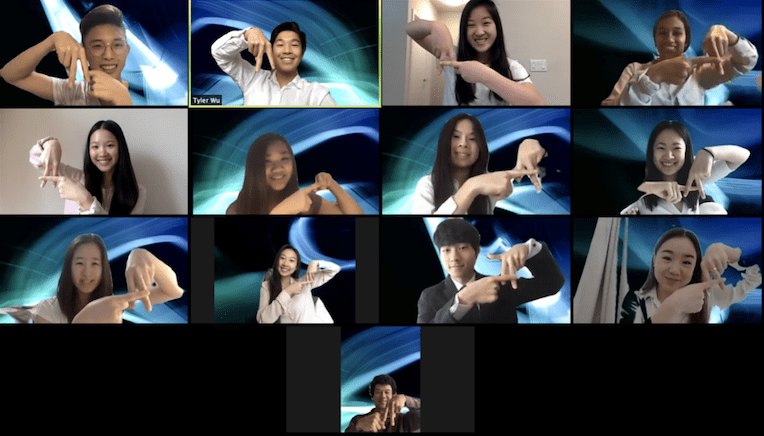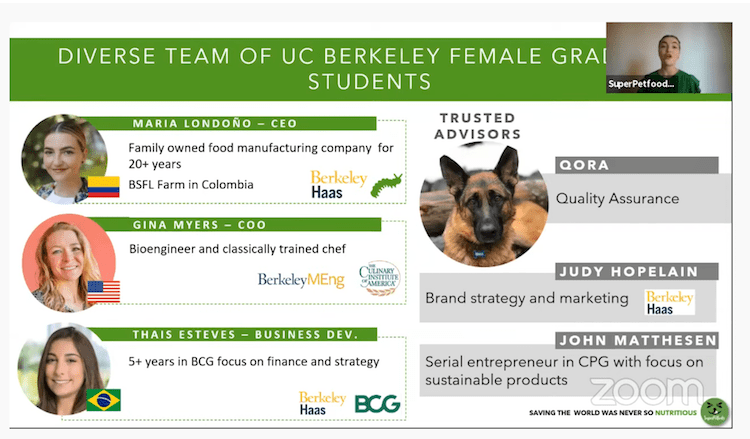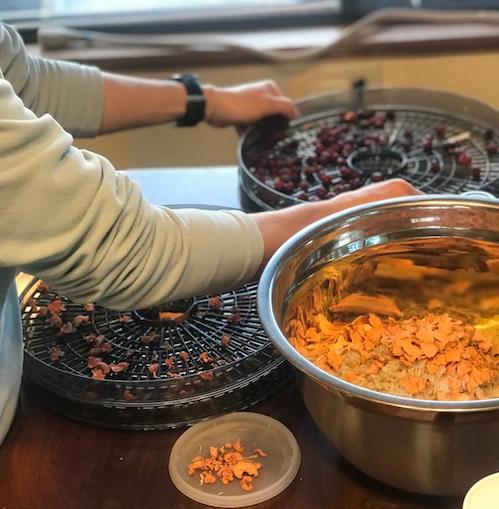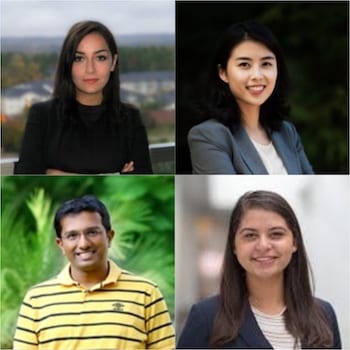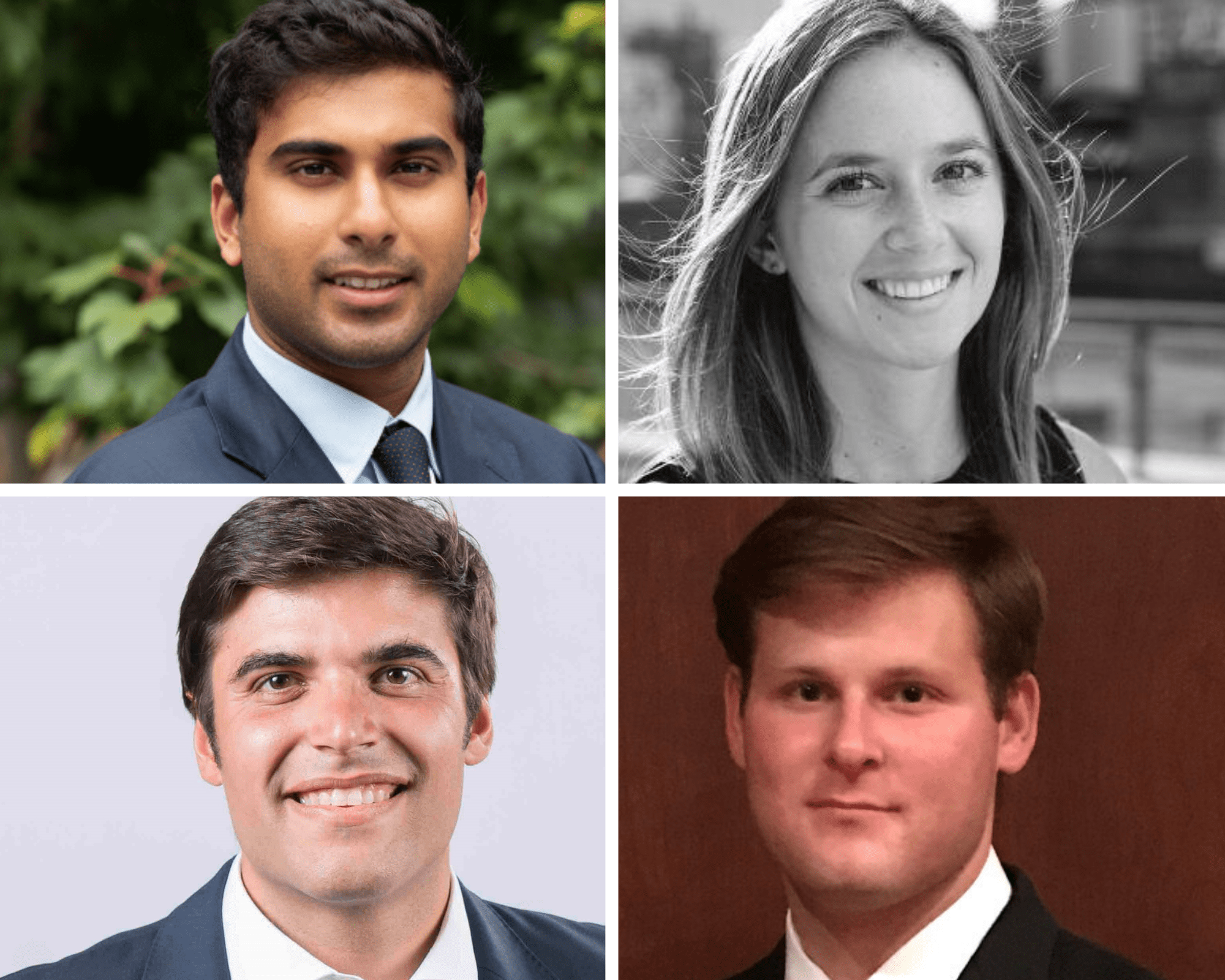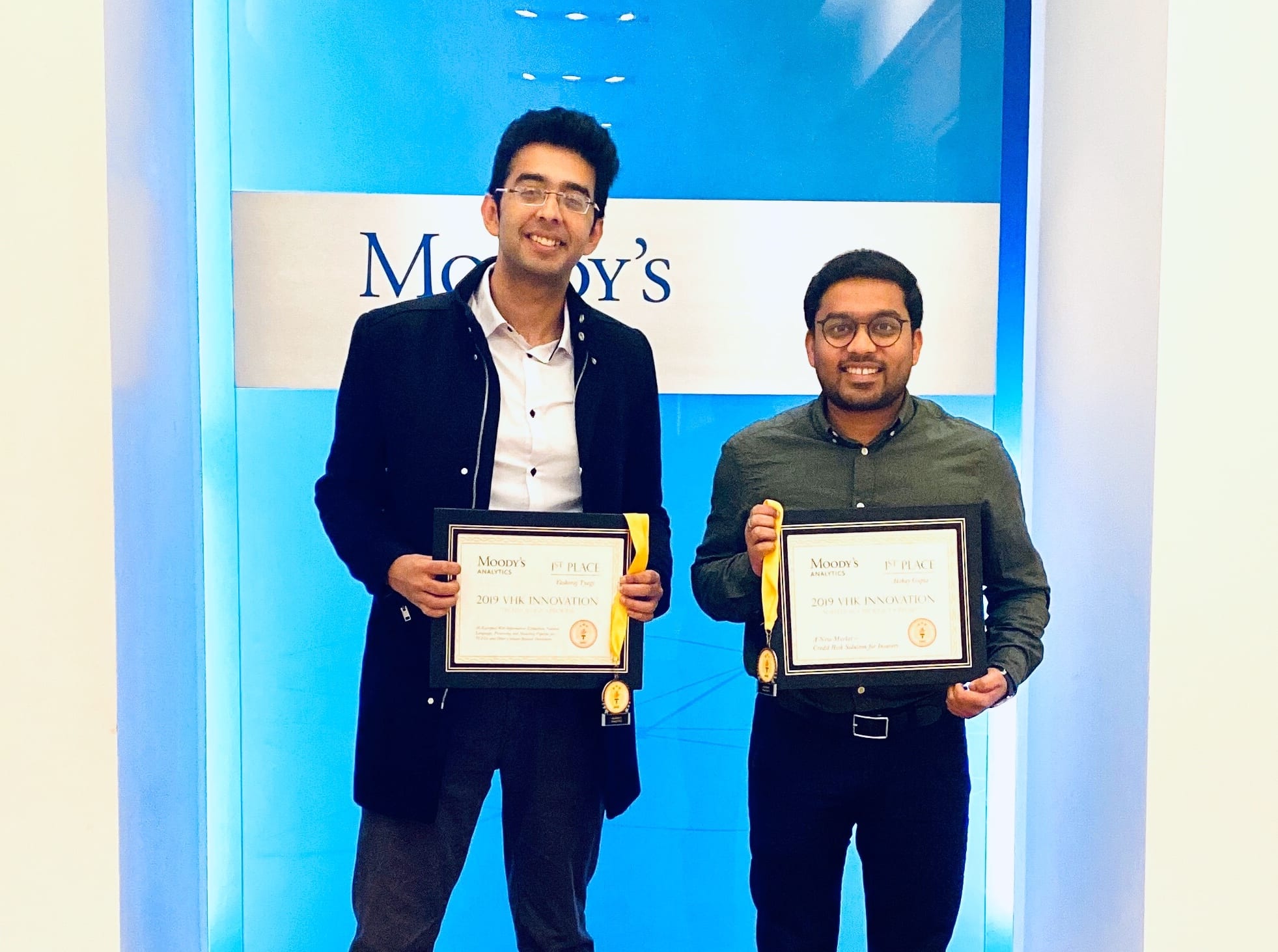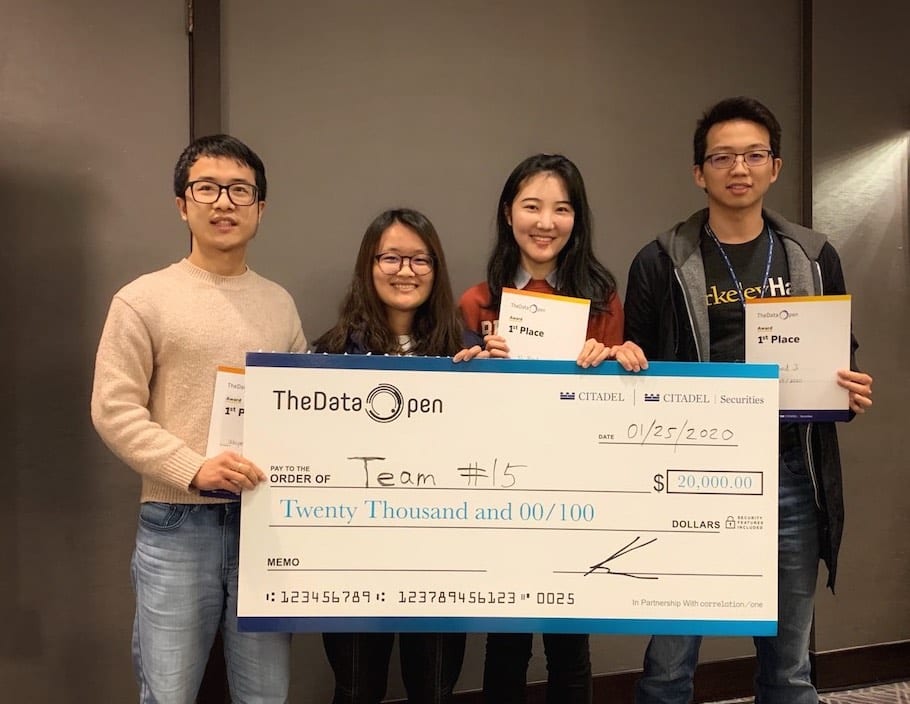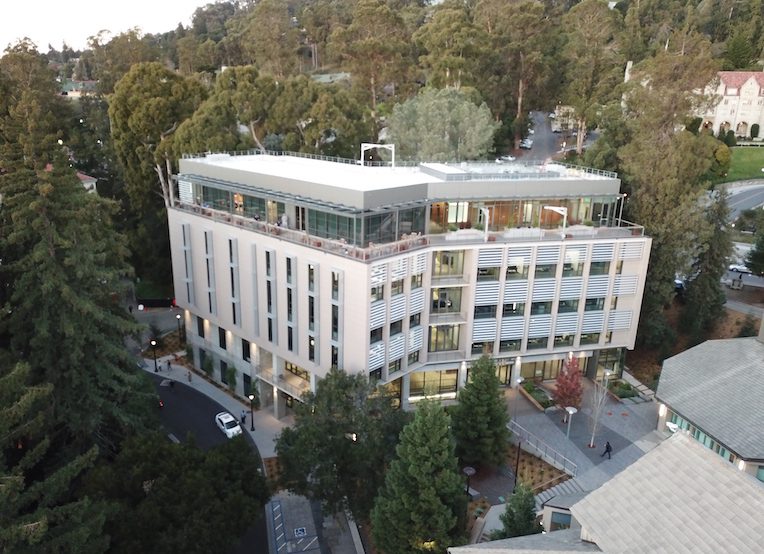
Student-led startup teams tackling a diverse range of challenges—from carbon emissions to the use of AI in education—will come together to pitch this week at the University of California LAUNCH Accelerator’s Fall 2023 Demo Day.
The event, a chance for startups to pitch their ventures to a panel of judges, will be held Thursday, Nov. 30, at Spieker Forum in Chou Hall. All eight finalists will compete for up to $50,000 in non-dilutive funding.
Rhonda Shrader, MBA 96, executive director of the Berkeley Haas Entrepreneurship Program, noted the strong turnout of women this year.
“For the first time in UC LAUNCH history, seven of the eight finalists have at least one female co-founder,” she said. “We are super excited to celebrate them on Demo Day.”
Scaling a company
The UC LAUNCH program guides students through the steps of scaling a company using the lean methodology, with mentorship provided by experts in the field. All teams must include at least one current UC student, alum, or faculty member. More than 250 startups that have participated in the program have gone on to raise more than $1.4 billion collectively, according to UC LAUNCH organizers.
This year’s finalists include CarbonSustain, providing a way for companies to efficiently track and analyze carbon emissions.
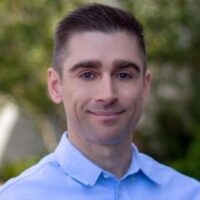
Co-founder Paul Bryzek, MBA 24, said the team interviewed more than 85 potential customers, competitors, business owners, and subject matter experts while in UC LAUNCH. “Our interviews yielded 10 potential customers, three distinct customer target groups, an understanding of their willingness to pay, and gaps with the existing solutions,” he said. “We’re grateful for the mentorship from Rhonda Shrader and the UC LAUNCH volunteers who helped us to achieve product-market fit.”
Finalist Rumi’s platform helps schools integrate AI to enhance student learning through writing.
Co-founder Mohammad Hossein Ghasemzadeh, MIMS 16, said the team did extensive research in forming the startup and believes that AI will play a key role in the future of education. “We’ve talked with over 150 instructors across the country, and we’re very excited to share our story and provide some insights into what the future of AI in education will look like,” he said.
Eight finalists pitching
Other LAUNCH finalists include OmBiome, a regenerative health company creating algae-based products for oral and gut health; Rely, simplifying property management for landlords and offers renters a comprehensive real estate meta-search engine; Materri, a materials marketplace focused on sustainable materials for footwear and apparel; Insta Chef, which is providing nutritious, easy-to-prepare meals to senior living facilities; Essence Labs, an AI-powered platform optimizing work schedules for female employees based on hormonal cycles; and AidRx, providing custom AI charting solutions to ease the documentation burden for pharmacists and other non physician clinicians.
The judging panel includes Ben Goldfein of WilmerHale, Jed Katz of Javelin Venture Partners, and Kat Mañalac of Y Combinator.
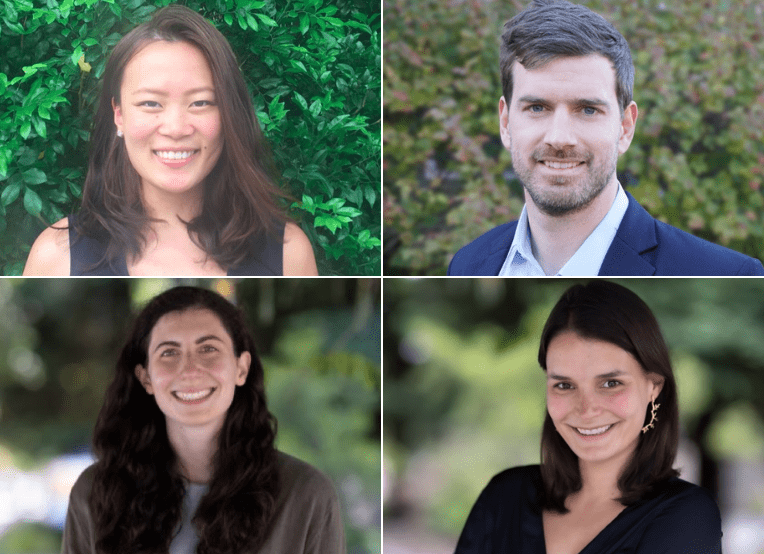
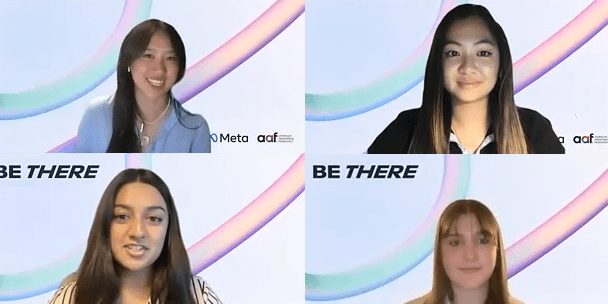
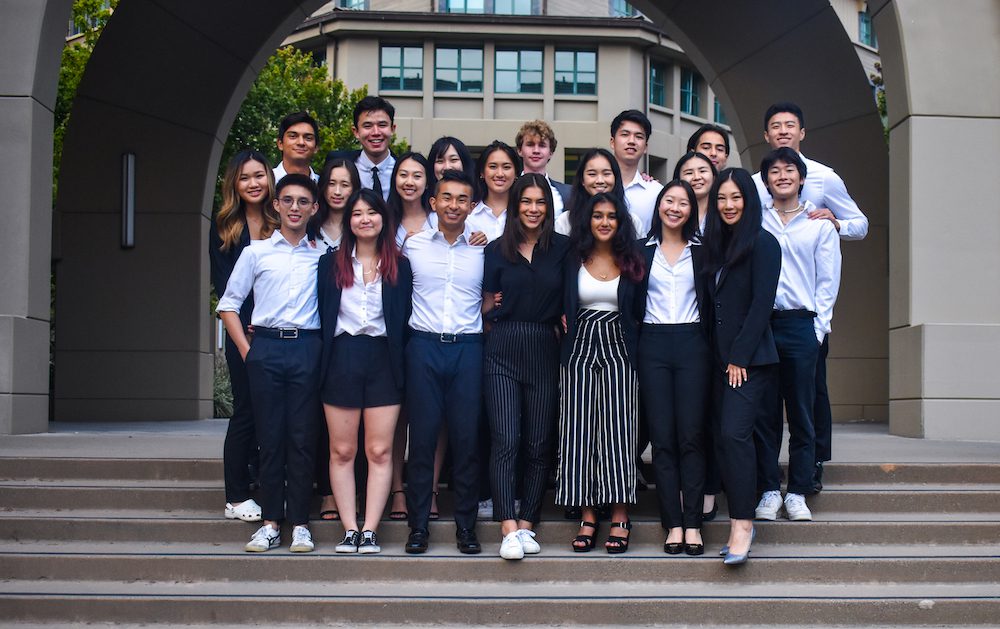

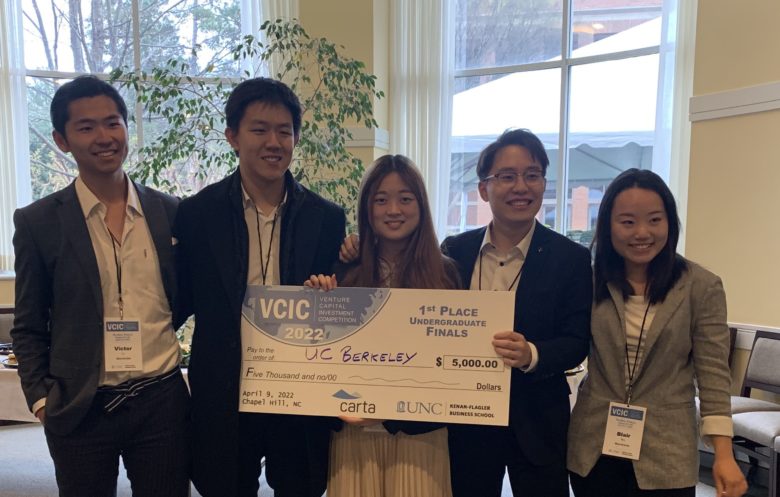
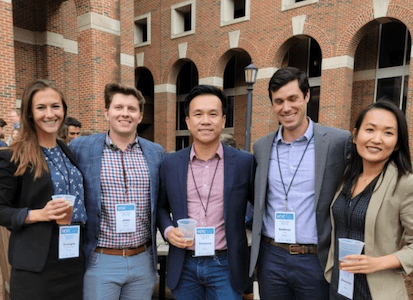
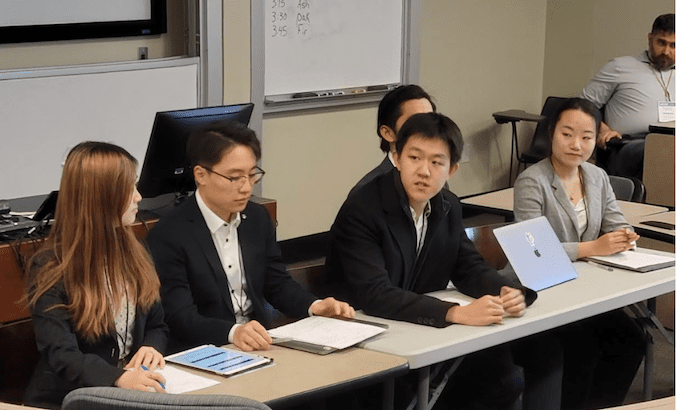
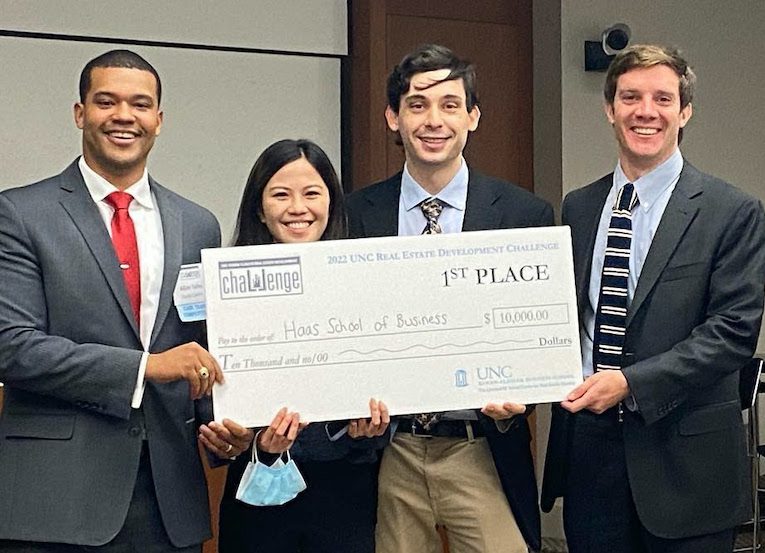
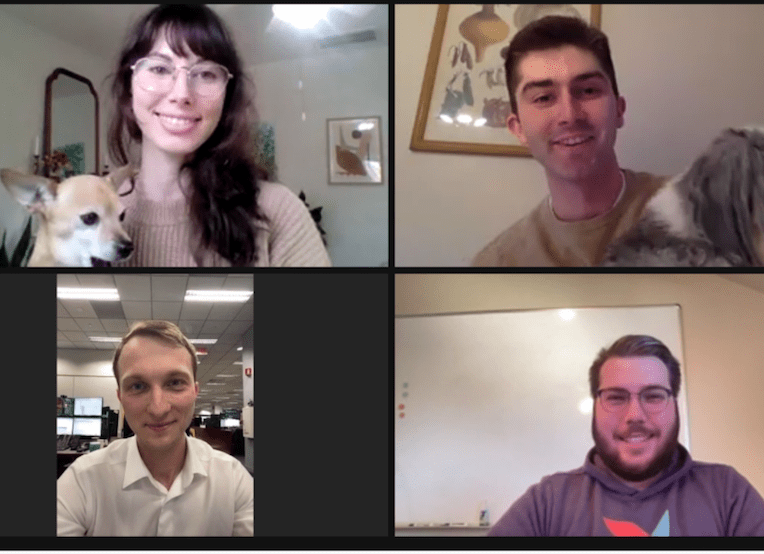
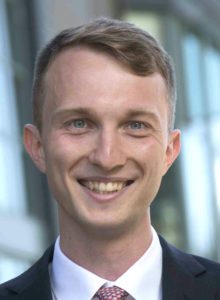
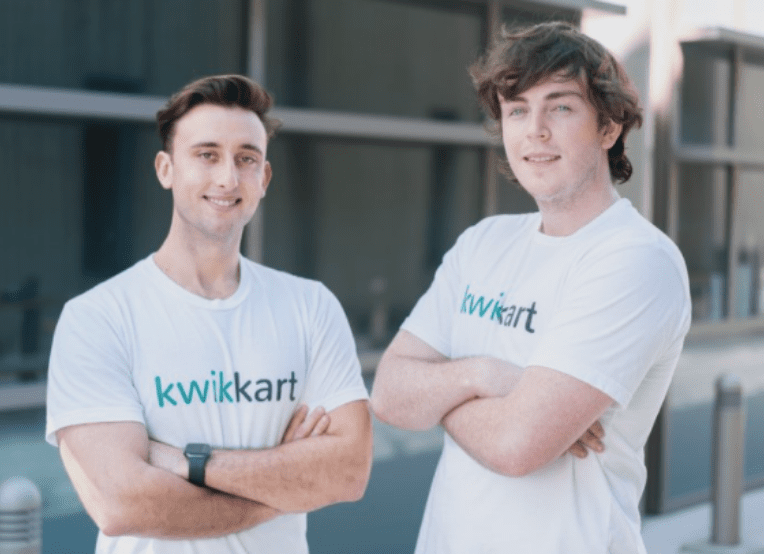
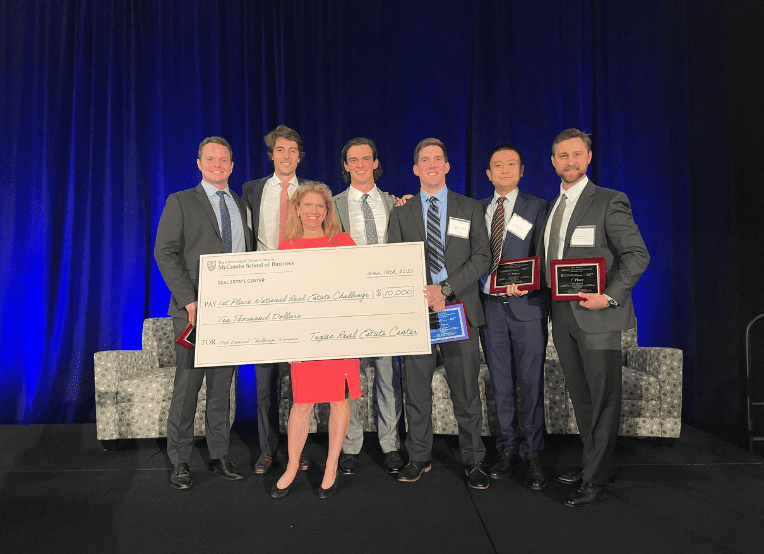
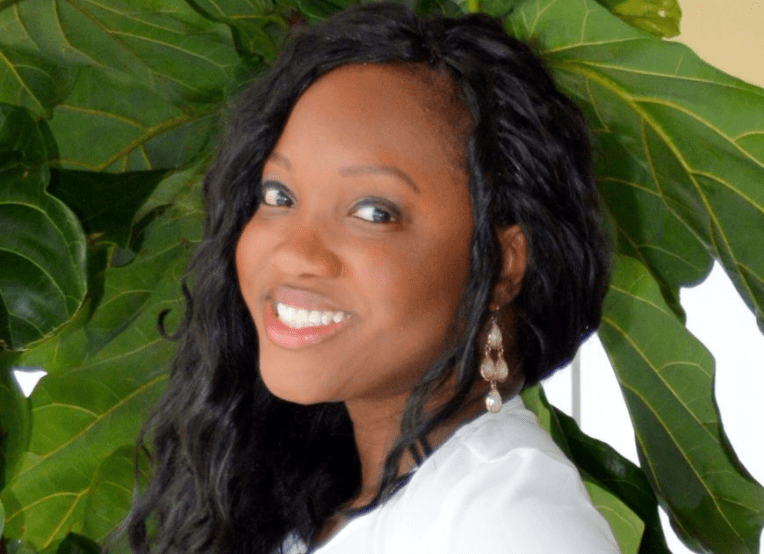
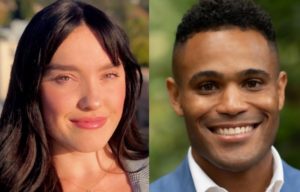 MINWO and EdVisorly netted $5,000 each and Clever.FM landed $2,500 in prize money.
MINWO and EdVisorly netted $5,000 each and Clever.FM landed $2,500 in prize money. 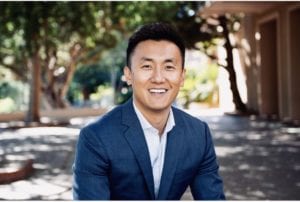
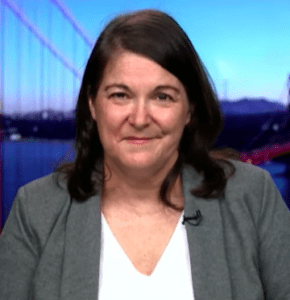 “All 21 teams that finished the program learned the necessary skills to take their ventures forward and will be supported by the strong bonds they formed with each other over the past three months,” Shrader said.
“All 21 teams that finished the program learned the necessary skills to take their ventures forward and will be supported by the strong bonds they formed with each other over the past three months,” Shrader said.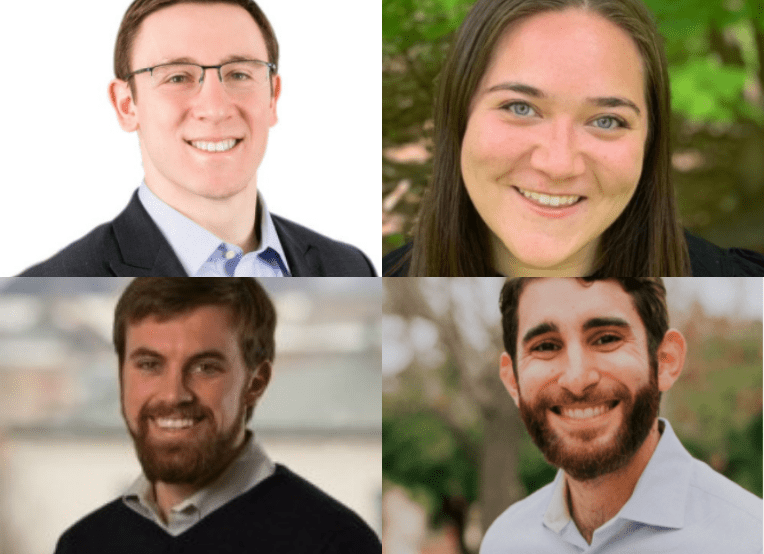
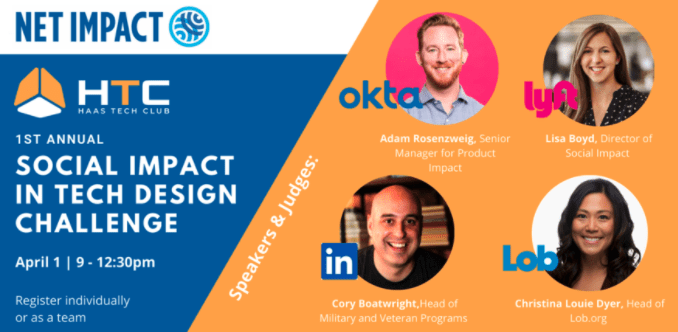 Challenge organizers include Joseph Zhang, Shotaro Ishizuka, Nicole Austin-Thomas, all MBA 21; Neha Dutta, Melody Liao, Stu Fram, all MBA 22; Scott Blons, EWMBA 23; and Adam Rosenzweig, EMBA 19, a Haas lecturer
Challenge organizers include Joseph Zhang, Shotaro Ishizuka, Nicole Austin-Thomas, all MBA 21; Neha Dutta, Melody Liao, Stu Fram, all MBA 22; Scott Blons, EWMBA 23; and Adam Rosenzweig, EMBA 19, a Haas lecturer 
